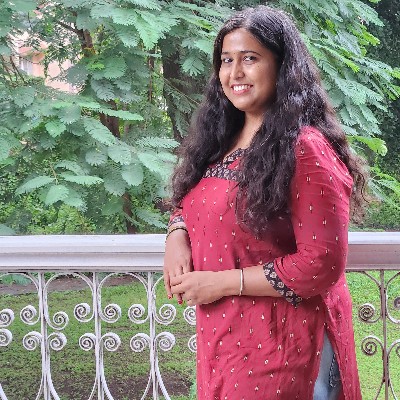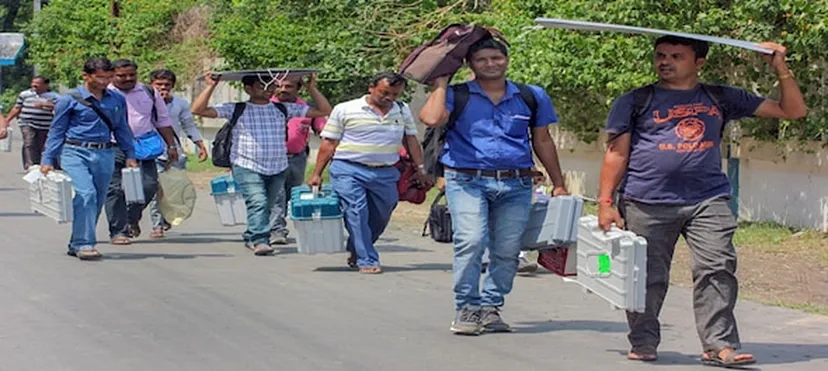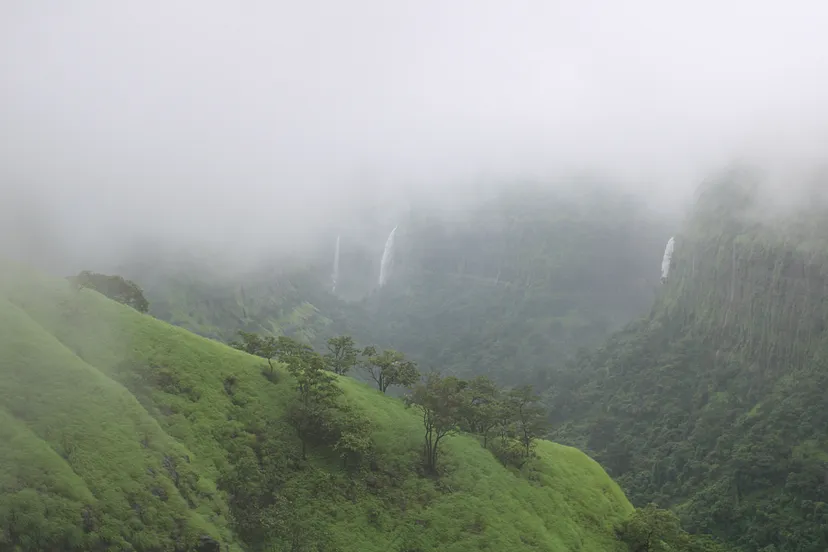“A country does not have to be deemed fit for democracy; rather, it has to become fit through democracy” — Nobel laureate Amartya Sen
Did you know the polling team will trek 40 km on foot for Alogam village’s lone voter, a 44-year-old woman, Sokela Tayang? She is in a remote corner of Arunachal Pradesh. There are 2,226 polling stations in AP, 228 can be reached only on foot, 61 will require a two-day walk, while seven would need three-day trekking.
There is a place called Pilopatia in Andaman and Nicobar Islands. A polling station is set up here, as the 24-hour journey begins from Port Blair by ship, speed boat, and hodi a traditional boat. They must travel through a mangrove swarm infested with crocodiles. All this trouble for 9 voters.
Polling stations are set up in Maoist areas as well. It becomes a challenge to do this successfully without any violence. It was aptly depicted in the 2017 Rajkumar Rao starrer movie “Newton.”
Are we saying these people can vote under these extreme circumstances and we cannot when we, the urban voters, have much easier and accessible voting resources?
The first elections of India were during the four months of 1951–1952. Being the biggest experiment in democracy around the world, there were 173 million voters out of 361 million population. It was an era where most of the people were poor or illiterate, and caste issues were still prevalent. Yet they came out to vote for democracy. It was during this time that symbols were given for each party so that the people who could not read could vote for the symbol associated with the party.
On the other hand, we have all the resources required to cast a vote at our nearest polling station but refrain from doing so, stating a single selfish reason for calling ourselves apolitical.
“How is my one vote going to make a difference?” “What difference does it make? All are corrupt anyway. Indian politics is doomed.” These are the arguments Indian Youth give for not voting. If Indian politics is doomed it is because we allowed it to happen. Being apolitical is no longer an option or an excuse. Every citizen is responsible for shaping our country. India has been through so many ordeals. Governance is no easy task, the least we can do is cast our vote.
The power of One vote
In the 2008 assembly elections from Nathdwara, Dr. C P Joshi lost by one vote. Apparently, his wife and daughter did not vote as they had gone to the temple to pray for him.
In 1999, former Janata Dal MLA, A. R. Krishnamurthy lost to R. Dhruvanarayana by one vote.
28 states and 8 Union Territories are gearing up to vote.
There are 968 million voters in this general election. 497 million are male candidates, 471 million are female, 197 million young voters, 18 million are first-time voters, 8.2 million are aged over 85, 8.1 million with disabilities, and 0.2 million are Centenarians (people who have reached the age of 100 years). 12 lakh polling booths are going to be set up and 1.5 crore personnel are to be deployed.
543 MPs will be elected to Lok Sabha.
NOTA
There is an option of NOTA where one can express their opinion of rejecting all the candidates. Unfortunately, it would be just a symbolic stand because even if NOTA gets the most votes, the second-highest candidate will win the seat.
The right to vote comes under Article 326 of The Indian Constitution. If you do not utilize this right, you will not be entitled to blame the government if they do not do their duty. Your informed vote does make a difference in shaping India’s future. Just a Google search will tell you which constituency your area comes from. For instance, I live in Wagholi, which is in the Shirur Lok Sabha constituency. I can find out who is representing my constituency and what work they have done yet. Every candidate will bitterly talk about the other candidate. We can always go with the facts and do our bit of research to find out who has done what work, how many cases they currently have on them, and what promises they are making.
If you do not have a voter ID yet, you can apply online. It is an easy process; sign up at https://voters.eci.gov.in/ and upload your details. If you have applied earlier and do not have a physical ID, then you can vote by checking your name on the electoral list.
Elections will be held in 7 phases, from April 19th to June 1st, and the results will be announced on June 4.
We have a very powerful tool in our hands. It is not just our right; it is our responsibility to vote. Vote for good governance, better healthcare, education, infrastructure, and a sustainable future, not for religion or caste. India is the largest democracy in the world, and we must make sure it stays that way. It is easy for politicians to be tempted by the dictatorship of Russia or China; we have to put a reign on them for our sake and posterity.





